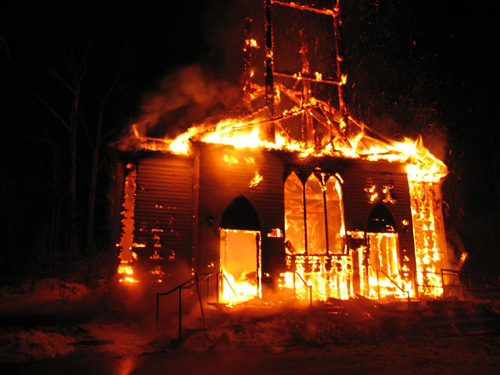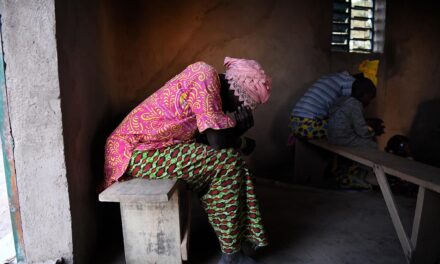Although Christianity still represents the main points of identity in the lives of millions, there is no doubt that the religious life of Europe is changing - draw attention to the authors of the Budapest Report on the Persecution of Christians (2021), now being published for the fifth time.
According to their view, Christ-following thinking is under political and spiritual attack these days, because liberals see all those who live their lives according to the millennia-old Christian value system and do not submit to current progressive lifestyle trends or politically correct fads as enemies of progress.
The persecution of Christians, one of the least discussed human rights crises of our time, continues with unbroken momentum despite the coronavirus pandemic that forced the world to a standstill in 2020 - reads the summary in the Budapest Report on Christian Persecution (2021). The publication with the foreword by Viktor Orbán reveals:
in 2021 alone, 4,761 Christians were killed for their faith, 4,488 churches or other Christian buildings were vandalized, 4,277 Christians were convicted and imprisoned without trial, and more than 340 million, i.e. every eighth Christian, lives under discrimination and persecution.
At the same time, Europe is characterized by a different type of Christian persecution than Africa, some states in the Middle East or China. Although physical atrocities occur in individual cases and the number of acts of vandalism has increased, the actions against Christianity are aimed at overriding Christian values, traditional morals, and the traditional marriage and family model.
Our civilization is therefore primarily affected by the cultural persecution of Christians, which calls into question the existence of objective values and absolute truth.
The main challenge of today is individualistic atheism and modernist liberalism, because of which Christ-following thinking is under political and spiritual attack. As a result, liberals see as enemies of progress those who live their lives according to the millennia-old Christian value system and do not submit to current progressive lifestyle trends or politically correct fads.
The holiday of Pentecost tells us how people can be a part of God's liberating act, which gives us companions, said Zoltán Balog.
Examining the sociological measurements of religion over the past three decades, however, there is no trend that would point to the disappearance of religion, and churches still provide the main points of identity in the lives of millions. On the other hand, it is an undoubted fact that the religious life of Europe is changing, and the historical churches are not able to dictate the majority point of alignment. The situation is particularly bad among young people, who increasingly identify themselves as spiritual, because instead of dogmatism and limitations, they associate it with wisdom, self-development and loose community structures.
However, it is good news that in recent years more and more people in Hungary are declaring themselves religious.
According to a survey by the Nézőpont Institute, while in 2019, 58 percent of the adults surveyed agreed with the statements that "I am religious, I follow the teachings of the church" or "I am religious in my own way" in 2021. In addition, here we are talking about religiosity according to Christian cultural traditions, selectively following the prescriptions of the churches.
The government also continuously supports the protection of Christianity and the preservation of Christian values. As a result, between 2010 and 2020, three thousand churches were built or renovated in the Carpathian Basin with Hungarian funds, and in contrast to Western Europe, not a single church was closed or converted into a shopping center or mosque in our country. It should also be mentioned that since 2010, the number of church schools has doubled, compulsory religious or moral education has been introduced, and in the 2019-2020 academic year, more than 220,000, i.e. almost twice as many children and young people, attended church public education institutions as ten years earlier.
Source and full article: Magyar Nemzet/Elek Nikoletta
Featured Image: Repost













